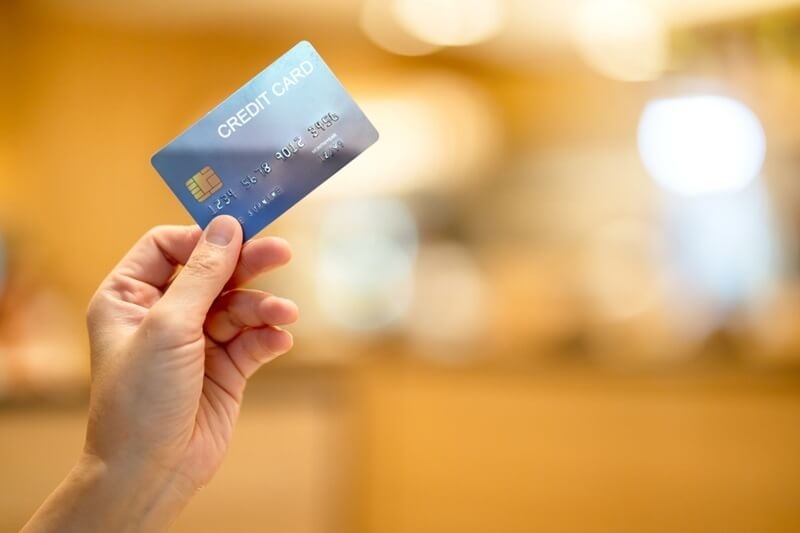
Entering the universe of credit cards for the first time can be thrilling—and daunting. If you're a college student, a young professional, or someone new to personal finance, knowing what to know before your first credit card is essential. These initial credit card tips will set you on the path toward making smart decisions, from choosing the best card to establishing credit responsibly. If you’re exploring how to choose a credit card or trying to grasp credit card basics for young adults, this comprehensive guide is tailored to you.
Before you apply for your first credit card, you should know how it works. A credit card differs from a debit card, which takes money straight out of your checking account, as you borrow up to an agreed limit.
Young people need to know some basics about credit cards:
Understanding these credit card basics for young people can keep fees and interest charges away.

Many young adults get swept away by the notion that a credit card is free money. This often leads to overspending, late payments, and a black mark on their credit history. That is why first credit card tips are not just a good idea—they are imperative.
Top 5 credit card tips to keep in mind:
Start Small - Choose a credit card and begin with a small credit limit.
By following these first credit card tips, you can have the benefits of credit while minimizing the risks.
Choosing your first credit card is a lot like choosing your first smartphone; there are so many to choose from, and each has its own features. Knowing how to choose a credit card is essential to long-term financial health.
Points to Consider:
Understanding how to choose a credit card that works best with your spending habits - gas rewards, student benefits, or travel rewards - is a significant part of establishing good financial habits at an early age.
Taking care of your first credit card responsibly is the beginning of your entire financial life. Credit reports are a consideration for lenders, landlords, and even employers. That's why responsible credit building is important from the beginning.
How to Responsible Build Credit:
When you commit to using credit responsibly, you open the door to lower interest rates, increased credit limits, and greater financial possibilities in the future.
Even with the best intentions, it’s easy to make mistakes. Knowing what to avoid is just as important as learning what to do.
Knowing these pitfalls will be able to reinforce your good habits and guard your credit.
Your credit score is a three-digit number that indicates your creditworthiness. It is what lenders look at to gauge how probable you are to repay borrowed funds. Having your first card entails joining the credit world—make the most of it.
Credit Score Factors:
Each of these categories is affected when you use a credit card. One of the best first credit card tips is to keep an eye on your score regularly and know how your actions impact it.
Rewards are a large draw for credit cards, but they only benefit you if you use the card responsibly. Whether it's travel points, cash back, or discounts at a store, earning rewards never means overspending.
Effective Reward Use:
This relates directly back to using credit responsibly—reward programs should enhance your purchasing patterns, not dictate them.
If you're looking for beginner credit tips, keep this in mind: credit is a tool, not a crutch. When used wisely, it can unlock the doors to loans, apartments, and `even employment.
Long-Term Advice:
With discipline and knowledge, your first card won't be your last good decision.
Understanding what to know before getting your first credit card isn't just about making the right choice of plastic—it's about developing financial literacy that will benefit you throughout your life. Follow these first credit card tips to make smart decisions from the very start. - Whether you are trying to learn how to choose a credit card, digging into credit card basics for young adults, or are just focused on responsibly building credit, good financial health begins here.
Q1. What credit score do I begin with when I open my first credit card?
The majority of individuals begin with no credit score. After you open the card and begin making payments, you start building a credit report.
Q2. Can I obtain a credit card when I don't have employment?
Yes, but possibly with a cosigner or demonstrating that you have some form of income (such as a stipend, allowance, or freelance earnings).
Q3. Do I get a secured or unsecured card?
If you're beginning, a secured card (which involves paying a deposit) could be a more secure method of establishing credit responsibly.
Q4. How quickly can you establish good credit?
With regular, prudent use, you can establish a good score in 6–12 months or less.
If you're about to apply for your first card, go back through these first credit card tips, make smart choices, and make a commitment to establishing credit responsibly from the beginning. Credit can be liberating—but only when you're equipped.
This content was created by AI